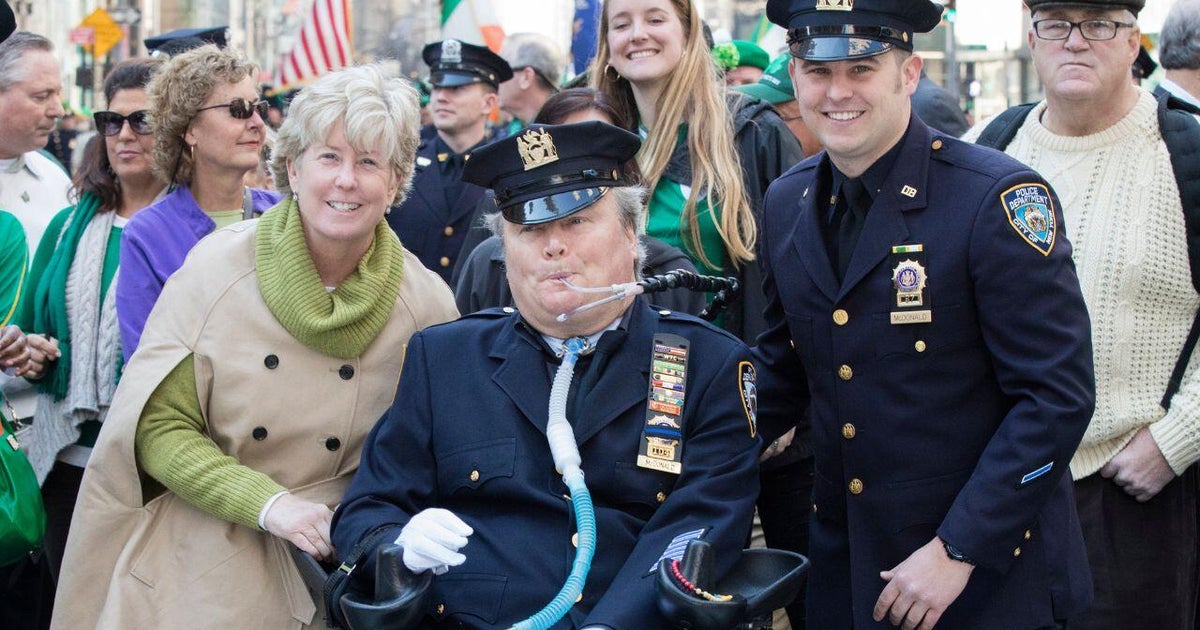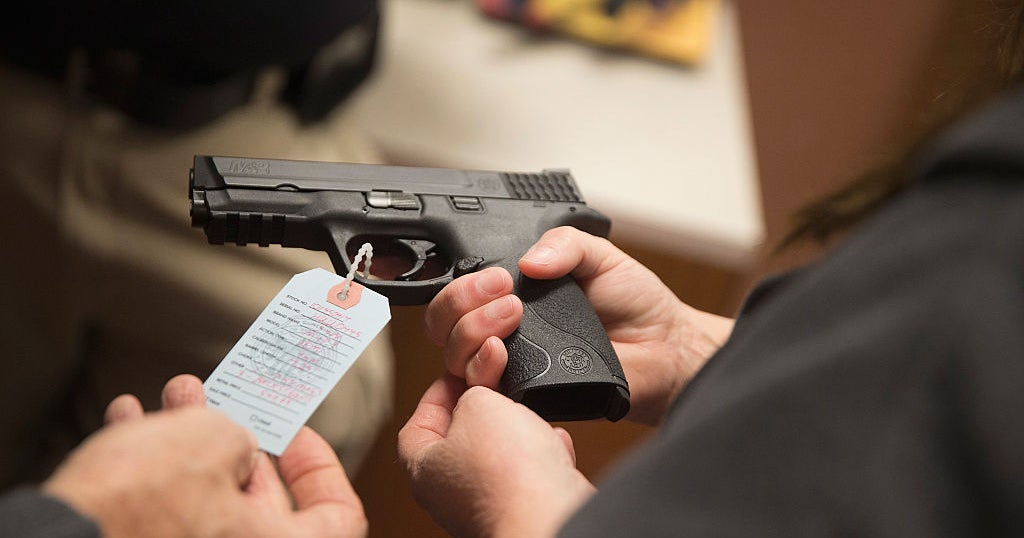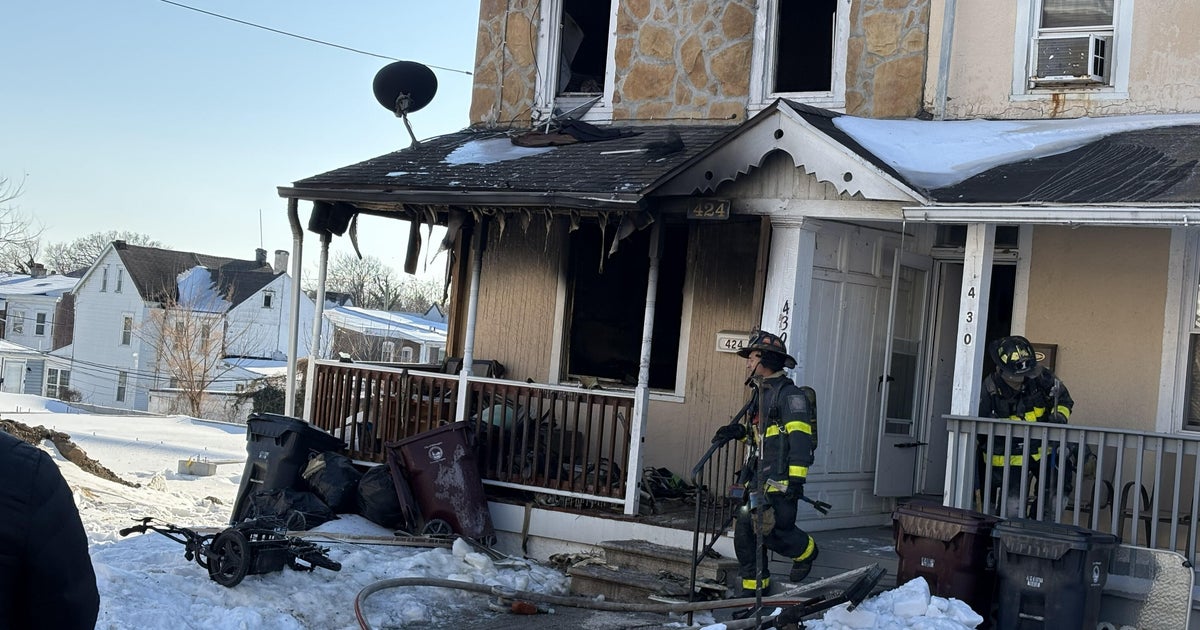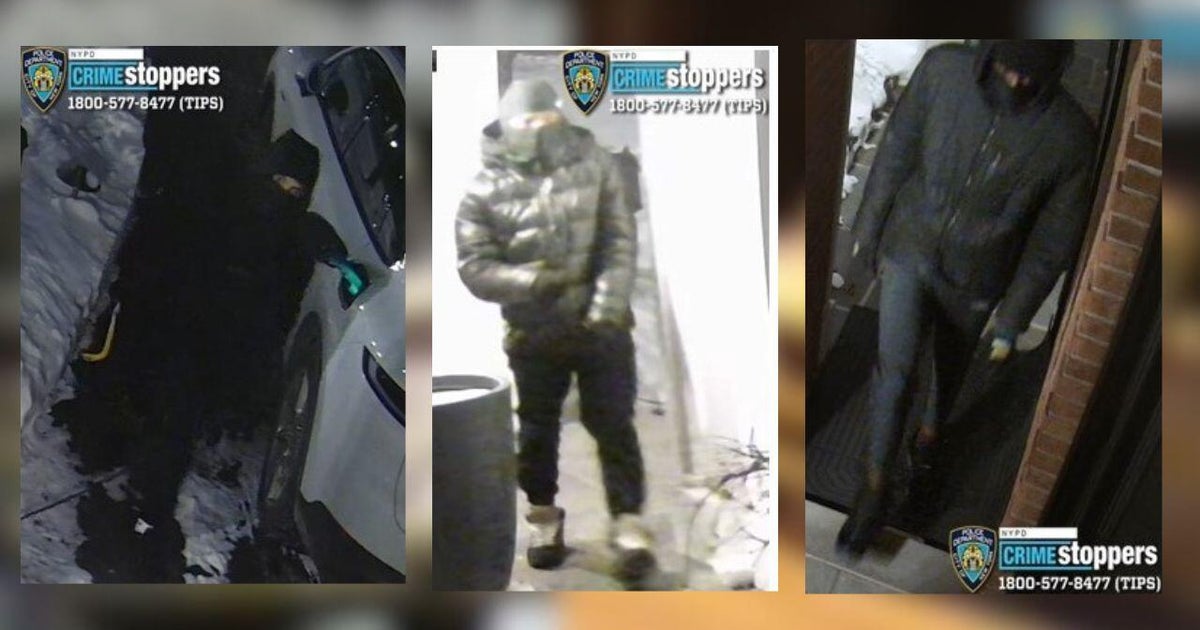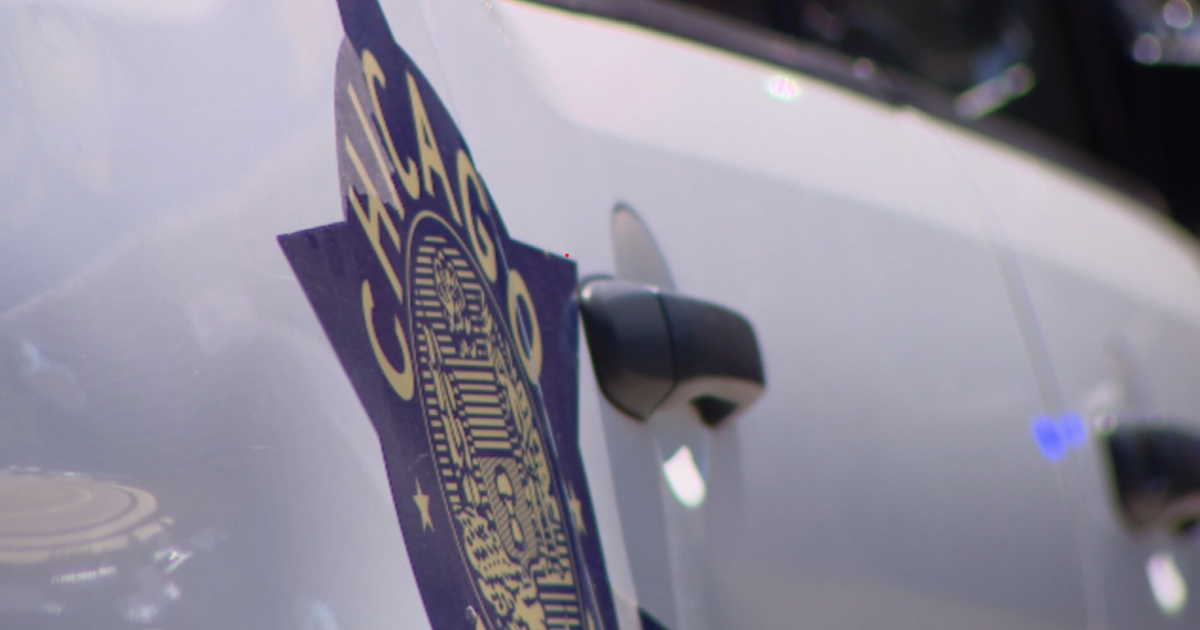NYPD's Miller Calls For Gun Control, Rejects Profiling In Session Before Congress
WASHINGTON (CBSNewYork) -- There was soul searching in Congress on Wednesday about terror at home, but where do we go from here?
As CBS2 Political Reporter Marcia Kramer reported, NYPD Deputy Commissioner for Intelligence and Counterterrorism John Miller was on the hot seat on Capitol Hill.
His appearance came just days after the Chelsea bombing and only a few months after the Pulse nightclub attack, where 29-year-old security guard Omar Mateen killed 49 people and wounded 53 at the gay club in Orlando.
Jittery congressmen demanded answers about what to do to prevent cities from becoming battlegrounds.
"You have to ask yourself, have we figured out who we are, and do we want to change?" Miller said.
He pointed to several incidents of mass murder in the United States, and wondered just what it will take for Congress to enact gun control measures.
"Cynical people would have said when a member of Congress is shot down in a public place, that would change, but the conversation after the shooting of Gabby Giffords went on for about three weeks and faded away," Miller said.
Miller is currently at the center of the probe into the details of the Chelsea bombing this past weekend, in which Ahmad Khan Rahami of Elizabeth, New Jersey has been charged. Congressmen asked him about a form of Muslim profiling – though congressmen did not call it exactly that.
"I don't see how it's considered unconstitutional or bad police work to have undercovers; to have informers," said Long Island U.S. Rep. Peter King (R-N.Y.) "The same is done when you're tracking down any other type of crime coming from a particular community or organization."
Miller explained that such actions are not permitted under NYPD guidelines.
"We do not place undercovers or spies or people into the community to watch people who are engaged in completely constitutionally protected activities," Miller said.
Miller then talked about information amassed since the Sept, 11, 2001 attacks on people who were involved in specific incidents or came under suspicion.
"It is not realistic to say that every time someone comes on the radar, you're going to be able to follow them or their friends and associates for an extended period of time when you have investigations on the front burner of people who are demonstrably dangerous," Miller said.
Miller pointed out that the NYPD works hard to strengthen its ties to the Muslim community so that people will come forward with information.
He said you cannot profile a community, and at the same time count on them to help you investigate cases.

